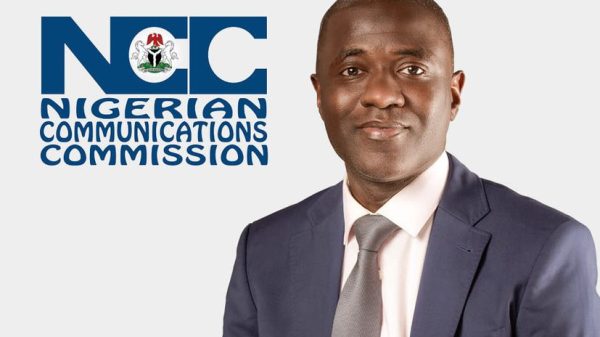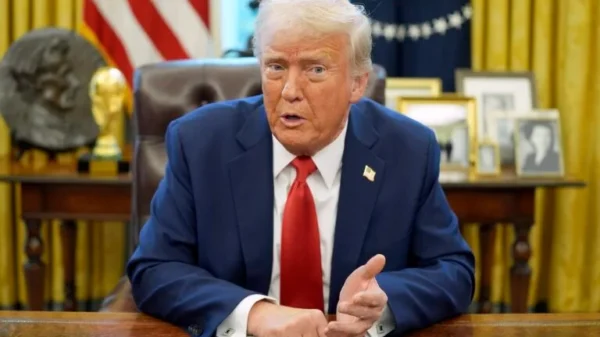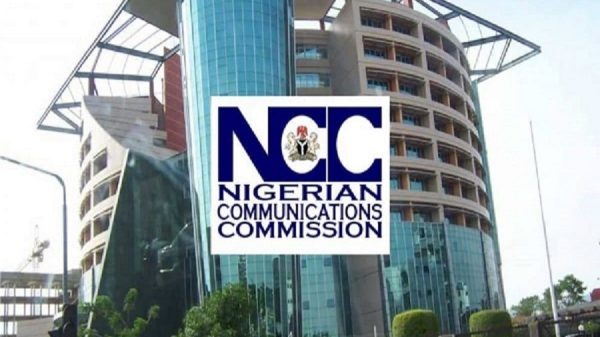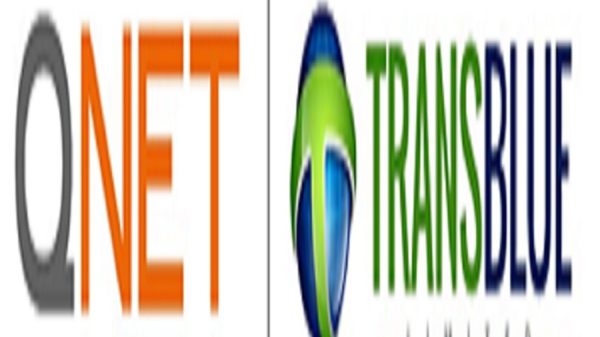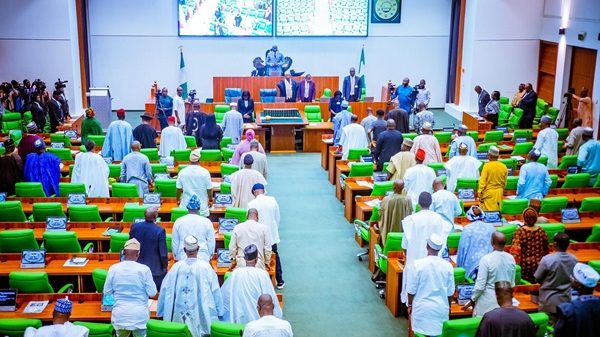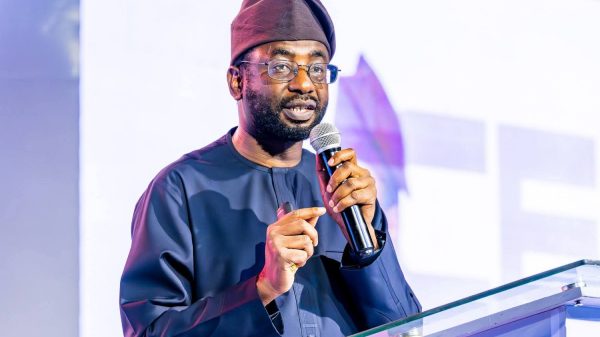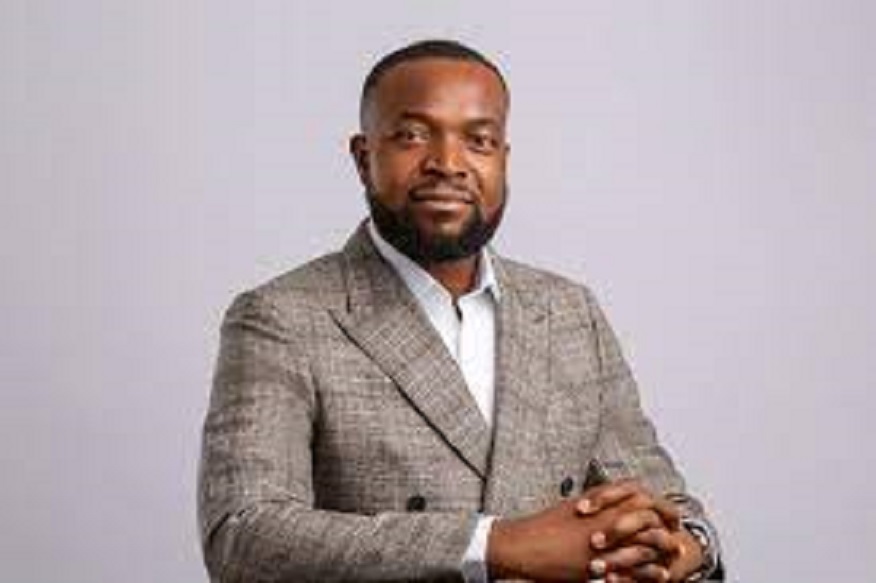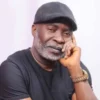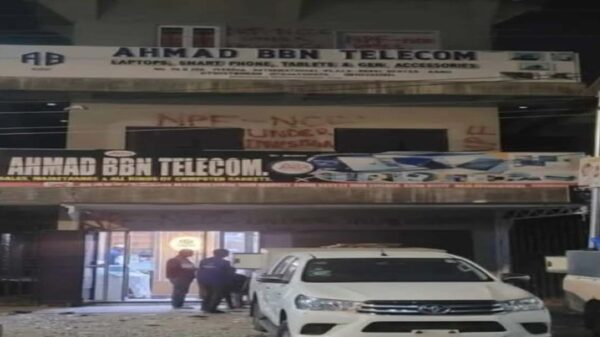Dr. Bosun Tijani, the Minister of Communications, Innovation, and Digital Economy, has set an ambitious target for Nigeria, stating that “by 2030, 90% of Nigerians should be digitally literate.”
He emphasized the importance of digital literacy, explaining that it provides individuals with the foundational skills necessary to engage in the digital economy.
He disclosed this during a live appearance on Channels Television’s Sunrise Daily program, the minister highlighted the government’s commitment to achieving this goal.
He also unveiled plans to train three million Nigerians in technical skills within the coming years, with a collaborative effort between his ministry and state governments to ensure the success of this initiative.
He said: “The plan is that by 2030, 90% of Nigerians should be digitally literate. Digital literacy doesn’t mean that you become a technical talent, but it gives you the foundation to be able to choose that you also want to participate in the digital economy.”
Additionally, Dr Tijani revealed plans to establish hardware training centres in prominent tech hubs like Aba in Abia State and Computer Village in Lagos State.
These centres aim to promote manpower development and create job opportunities for all Nigerians.
He said: “We are looking at partnering with the NDDC to bring on some of the best minds in the hardware sector to craft a path on how we invest in what is happening in Aba. Our ambition is that in the next couple of months into next year, we can set up a centre in Aba that is focused on hardware production.
“The centre will not just duplicate what is done, the centre is going to focus on building new technology, exposing the business people in that region on how they can leverage new technology to do what they already do better and train new talents”
Responding to the potential inclusion of indigenous languages as the language of instruction in tech training and software development in Nigeria, the minister emphasized the importance of ensuring Nigeria’s active participation in Artificial Intelligence (AI) development.
He stated: “We are keen on how to ensure that Nigeria can become a leader in AI development.”
To achieve this, the government is supporting projects and initiatives that encompass all languages in Nigeria, not just the well-known ones like Yoruba, Hausa, and Igbo, in the AI drive.
This initiative aims to ensure that machines can recognize and work with all of Nigeria’s diverse languages, including those that may have been previously overlooked.
![]()

